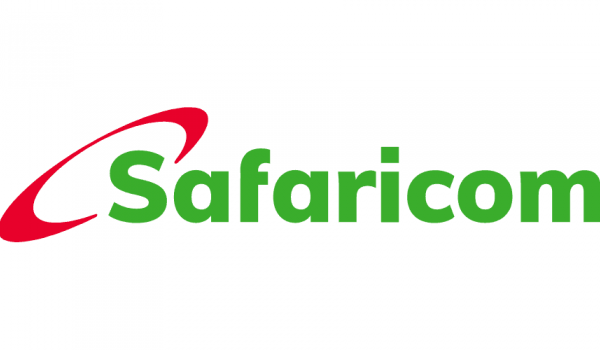Safaricom’s share of combined investor wealth at the Nairobi Securities Exchange (NSE) touched a high of 63 percent yesterday after days of a steady rise in its stock prices in a period that has seen other dominant counters shed value.
The telco claimed at least half of the market wealth a year ago and has been deepening its share of the NSE wealth since then, a dominance that is making it difficult for investors to gauge the performance of the bourse.
Already, the Capital Markets Authority (CMA) has flagged the dominance of five companies — including Safaricom — in the 65-stock market as a big risk, with the performance of the telecommunication firm dictating whether the market goes up or down on any given day.
Safaricom share has gained 8.2 percent or Sh3.25 a piece since Friday to close trading at Sh42.75 yesterday, adding Sh130 billion on its market value, taking it to Sh1.712 trillion. Total market value stood at Sh2.72 trillion.
Investors rushed to buy the company shares after it was awarded a licence on Saturday to enter Ethiopia’s underserved telecoms market.
The rally has taken Safaricom’s share price gain to 45.6 percent over the past 12 months, bucking the general bear run on the NSE that has been fuelled by the Covid-19 pandemic.
Safaricom, Equity Bank Group, East Africa Breweries Limited, KCB Group and Co-operative Bank have always accounted for more than 80 percent of the total investor wealth at the NSE. But all the dominant firms, save for Safaricom, have either shed value or gained at a slower pace compared to the telco in recent weeks.
From Friday, Equity Bank share has gained 2.6 percent, EABL four percent while KCB has shed 2.9 percent.
At Sh1.712 trillion, Safaricom is now 11 times larger than Equity Holdings (Sh158.7 billion), the second most valuable company at the Nairobi bourse.
“The large market cap for Safaricom has been a concern for us for a few months now, where you have one stock accounting for over 60 percent of the market. This means that its movement determines the movement of the market,” said Lisa Kimathi, an analyst at Standard Investment Bank.
This oversized influence of the stock on the market is also seen in the daily traded volumes, where in the past two sessions it has accounted for 70 percent of the 40.13 million shares that have been traded at the bourse.
For investors, this has meant that holding Safaricom shares has become a necessity when building a portfolio, with its high liquidity and retention of value a magnet especially for foreign investors.
“If you are building a portfolio, you can’t avoid the counter. For foreigners, they need a liquid counter that trades high volume,” said Ms Kimathi.
A minimal fall in the Safaricom share price creates an impression that the market is underperforming despite other counters recording gains.
“Market concentration remains a key risk within the Kenyan capital markets landscape… the top five companies by market capitalisation accounted for an average of 74.14 percent (in quarter one), the highest in the last four quarters, further increasing the exposure risk that the Kenyan market faces,” said the CMA in its market soundness report for quarter one of 2020.
The five counters now account for 82.8 percent of all the investors’ wealth at the NSE.
One of the factors behind the dominance of the five firms is the drought in big ticket listings at the bourse in recent years.
Delisting of firms like KenolKobil and erosion in value of hitherto blue chip stocks like Kenya Airways and Kenya Power have cemented the stranglehold by the five firms.
Three of the dominant firms — Safaricom, Equity and Co-op Bank — came into the market during the IPO boom years of 2005 to 2009. The CMA now says that it needs fresh listings of high value firms to correct the market imbalance.
Demand for Safaricom shares has been boosted in recent months by corporate actions such as payment of a Sh0.45 pershare interim dividend in March, and now the Ethiopia entry news.
The consortium led by Safaricom, Vodafone, British development finance agency CDC Group and Japan’s Sumitomo said they will start operations in Ethiopia next year after they beat South Africa’s MTN to the licence.









